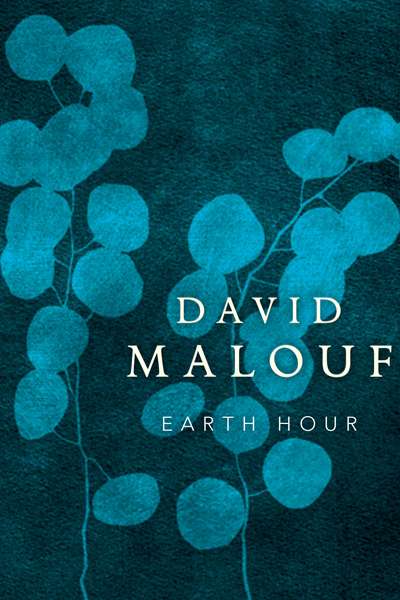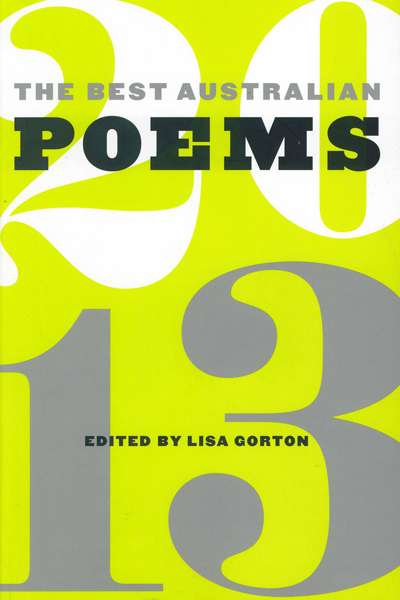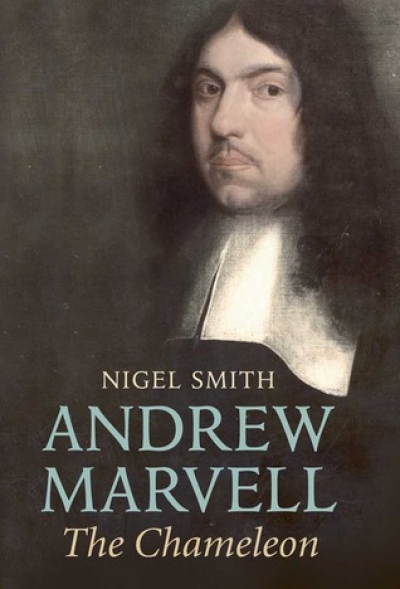Lisa Gorton
Sign up to Book of the Week and receive a new review to your inbox every Monday. Always free to read.
Recent:
The Cambridge Edition of the Works of Ben Jonson edited by Ian Donaldson et al.
by Lisa Gorton •
The Best Australian Poems 2013 edited by Lisa Gorton & Now You Shall Know by Hunter Writers Centre
by Peter Kenneally •
In 1981, William Kentridge journeyed from apartheid South Africa to the École Jacques Lecoq in Paris, renowned for its work in improvisation and physical theatre – theatre that creates itself in play. Though Kentridge would become an artist – working in drawing, printing, animation, film, opera, and sculpture – physical theatre and improvisation come closest ...
'Night Guard, The Futures Museum after the ACMI Star Voyager Exhibition', a new poem by Lisa Gorton
by Lisa Gorton •
I
Rooms so familiar
they complete themselves in me –
this darkened hall where the glass cases,









